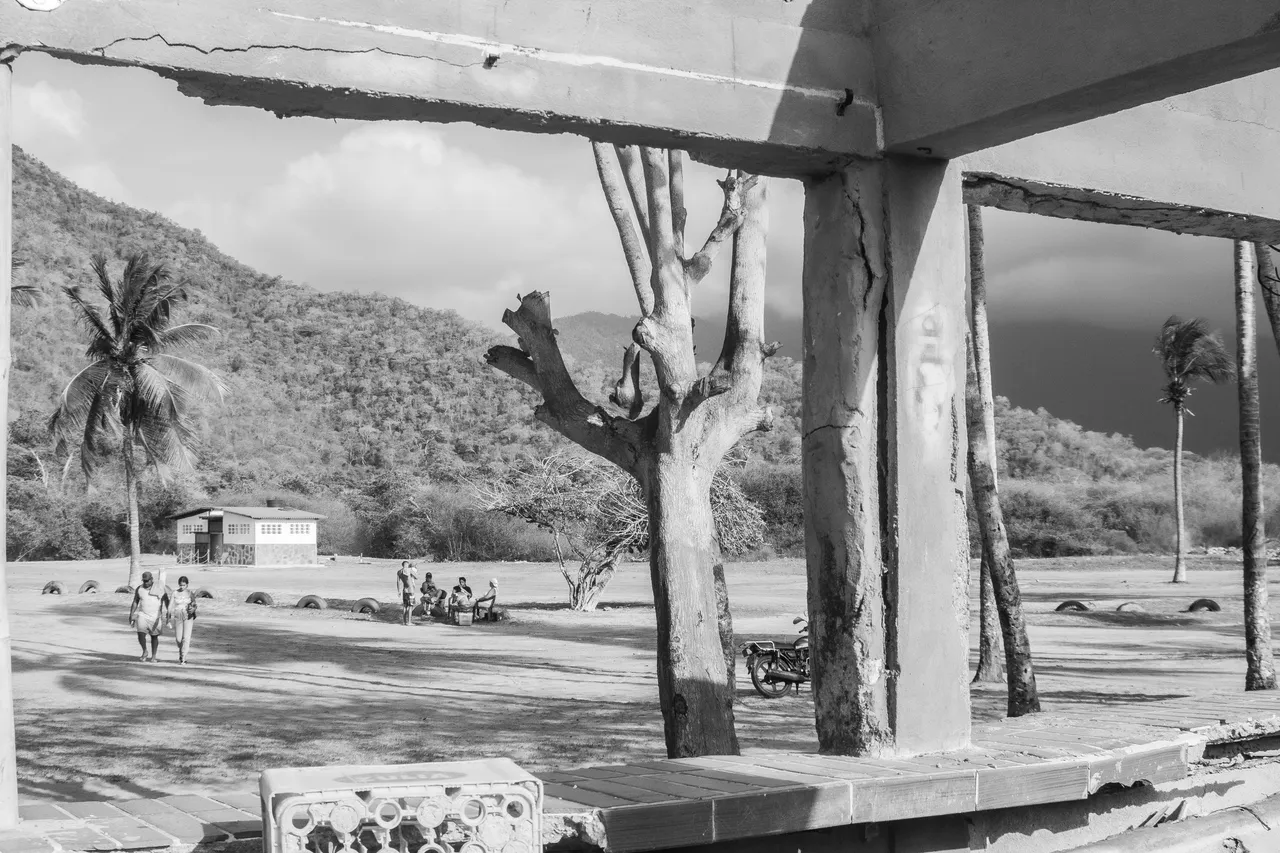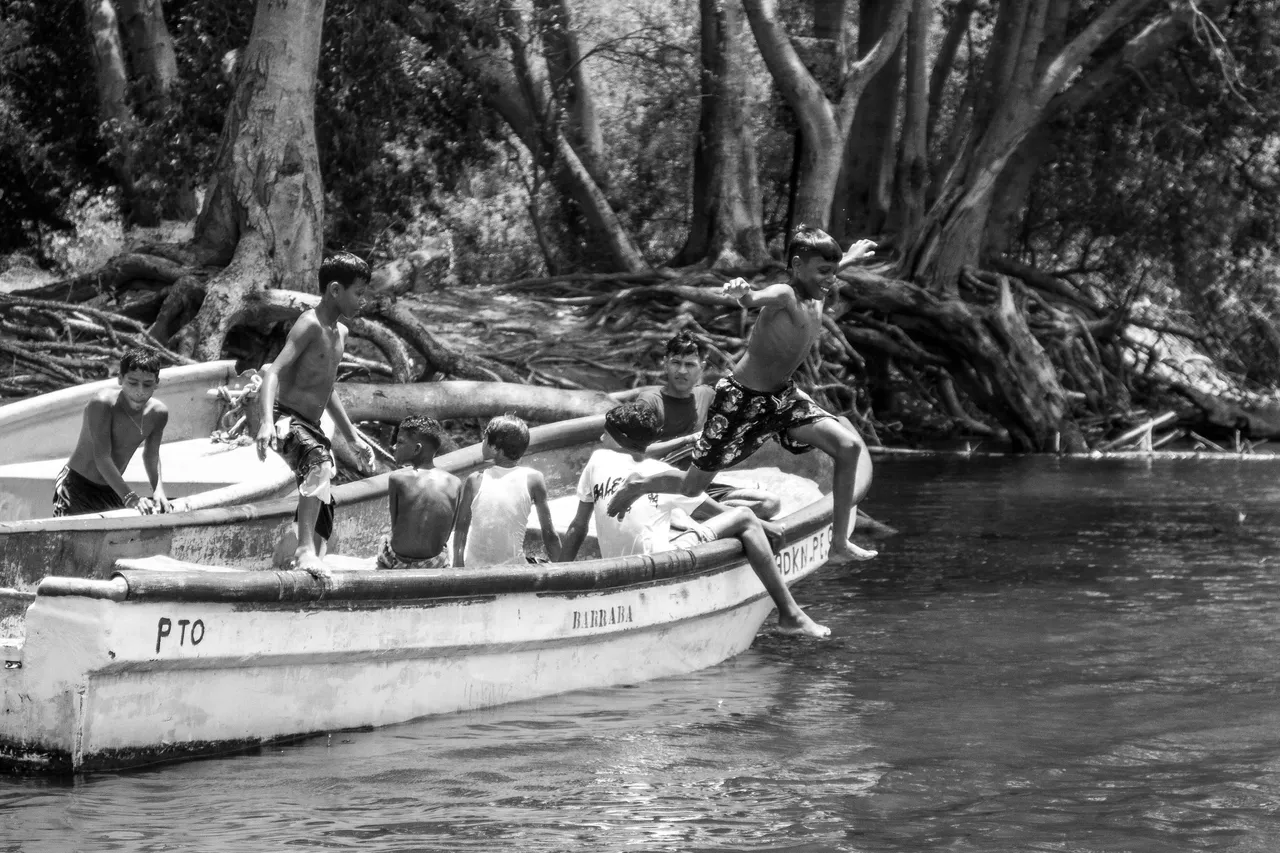
Someone once asked me, "Why do you focus on the negative when taking photos?"
I hadn't really thought that I "focus" on photographing the "bad."
And I put that in quotation marks because it's subjective, even though there are phenomena that morally seem wrong to me, like social inequality, for example.
And this problem is reflected in different ways, and one of them is poverty.
This person who asked me this intended to label me as sensationalist because I "chase" decay.
It's not that I chase it, but it's there.
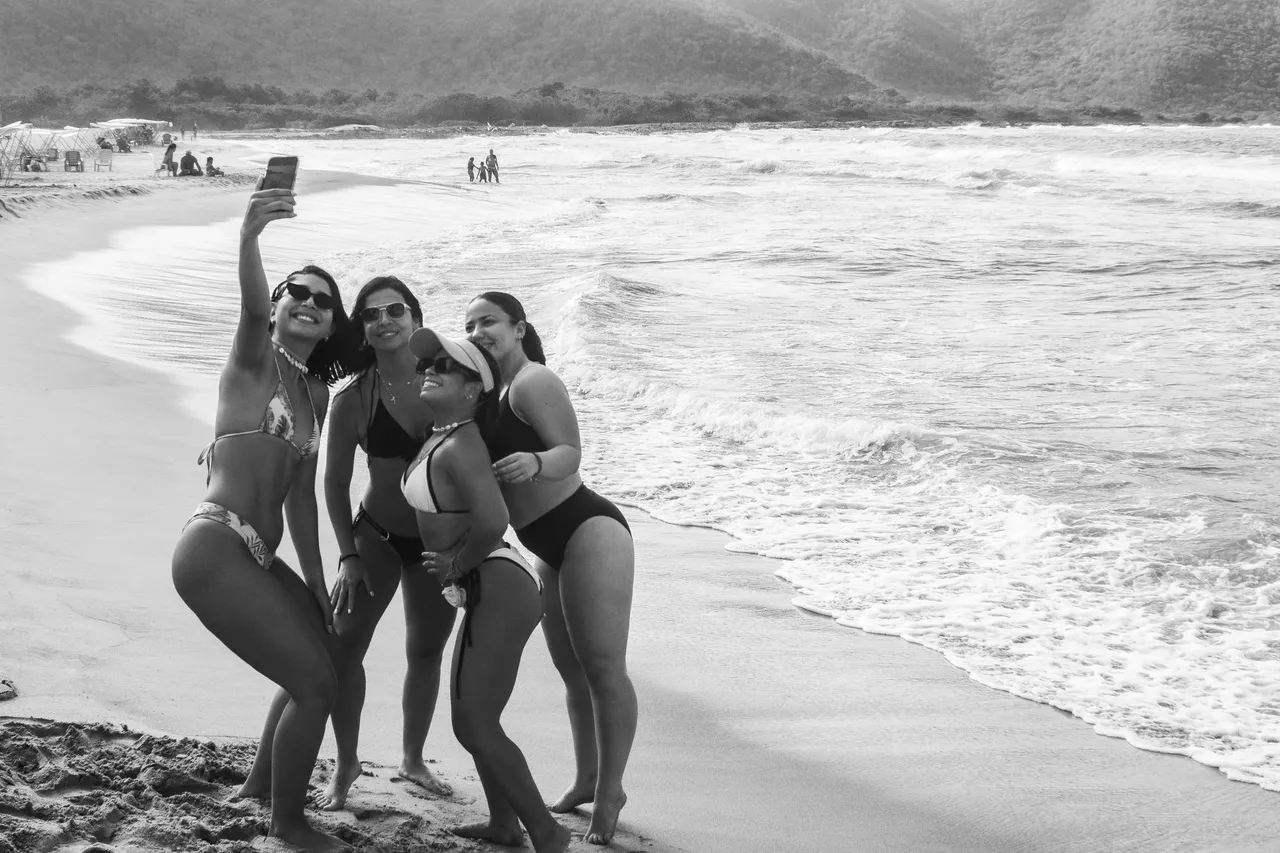
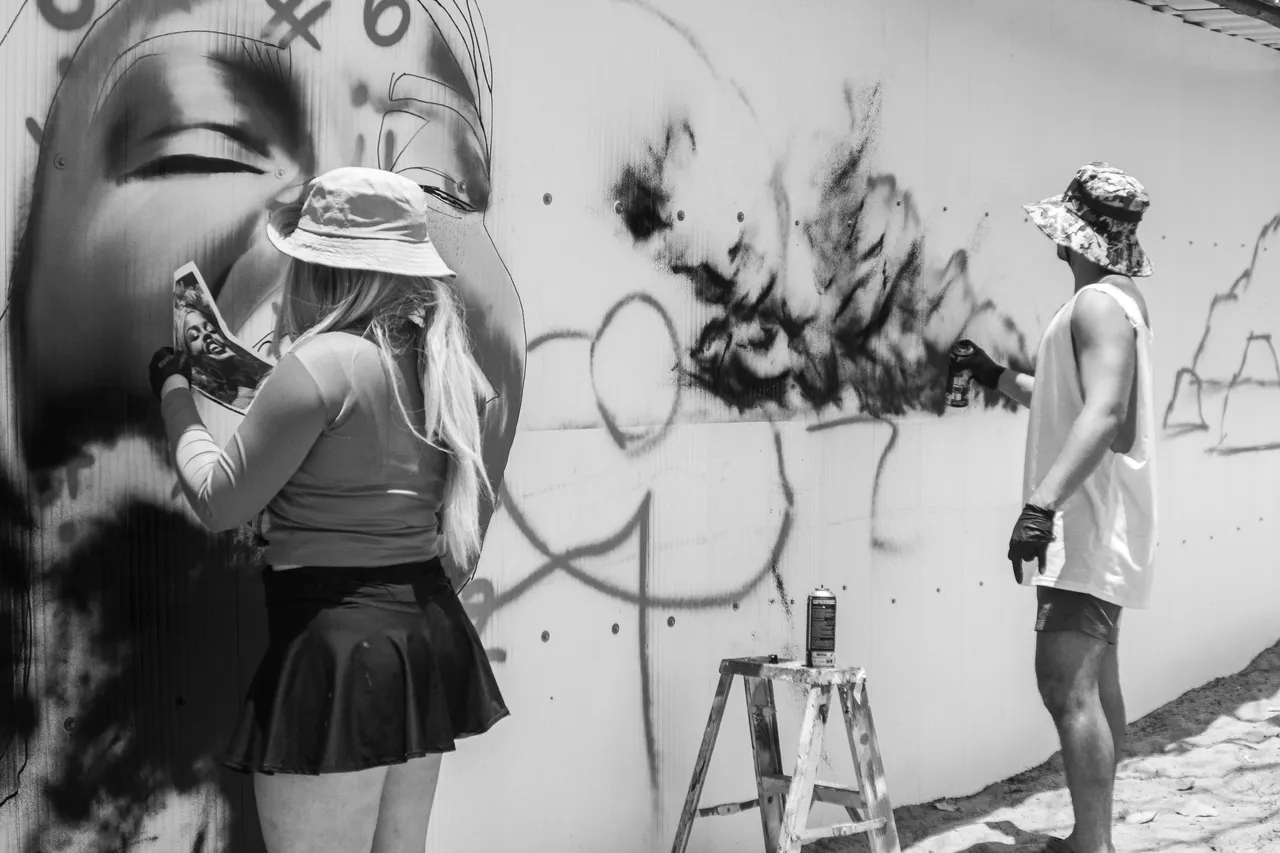
Una vez me dijeron: “¿Por qué te enfocas en lo negativo al tomar fotos?”.
Realmente no había pensado que me “enfoco” en fotografiar lo “malo”.
Y lo pongo entre comillas porque es subjetivo, pese a que sí hay fenómenos que moralmente me parecen mal, como la desigualdad social, por ejemplo.
Y este problema se ve reflejado de diferentes formas, y una de ellas es la pobreza. Esta persona que me preguntó esto tenía la intención de encasillarme de amarillista porque “persigo” la decadencia. No es que la persiga, sino que está ahí.
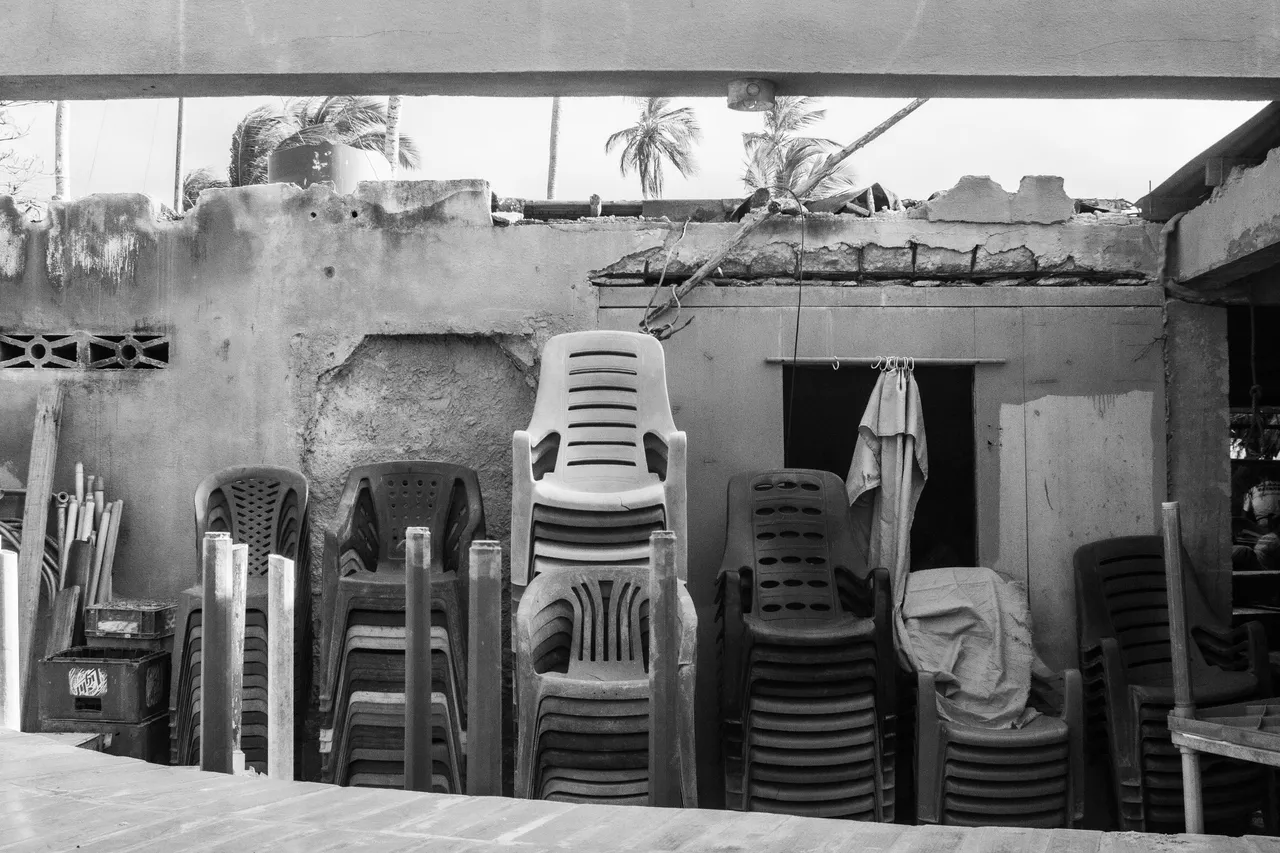
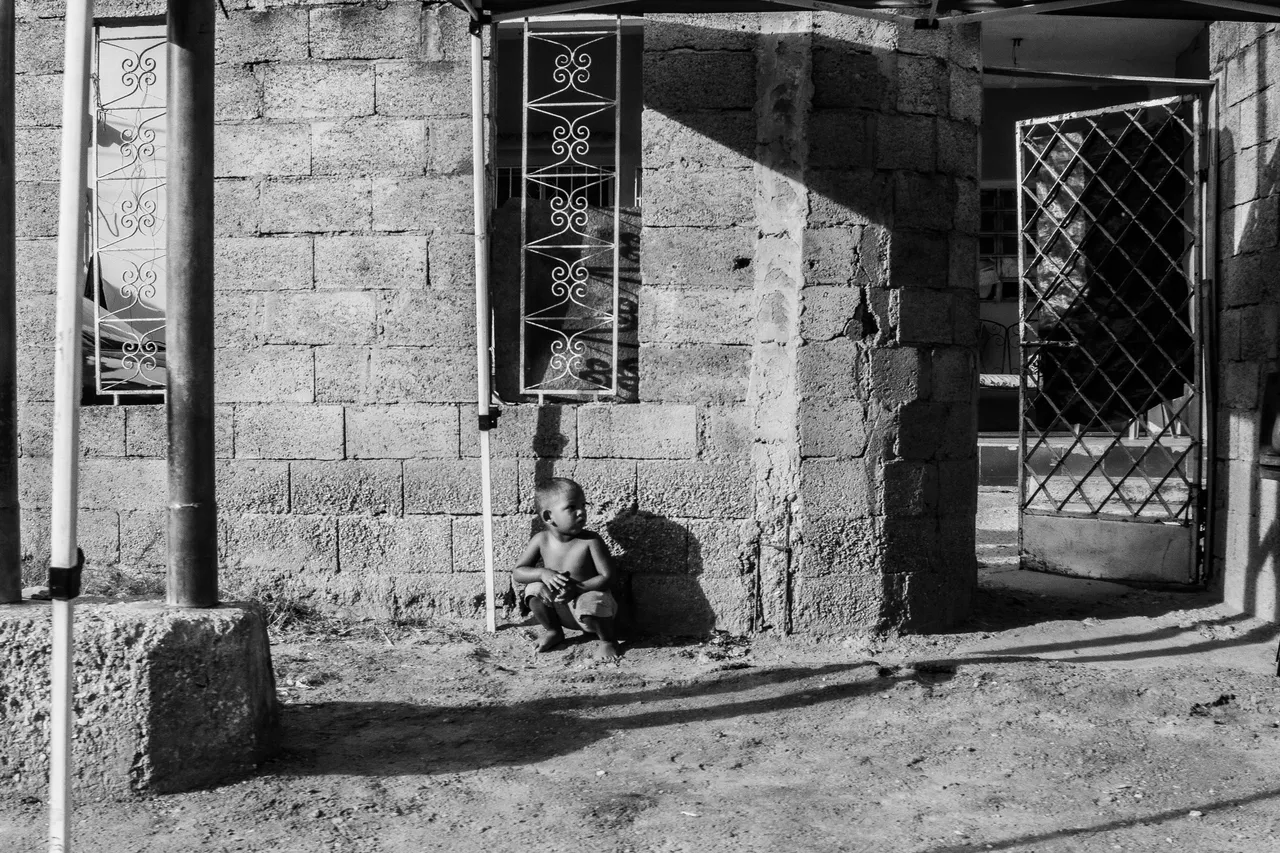
As I often say, I believe it's necessary to record it, to show it as it is without more nuances than what is observed, and believe me, that is already sufficiently and responsibly subjective.
I don't deny that there's an interest, but it's not motivated by sensationalism; on the contrary, it's to create a memory of what should NOT happen, but does.
And as proof that not everything is decay, I present these photos on a sunny day, surrounded by the sea and tranquility.
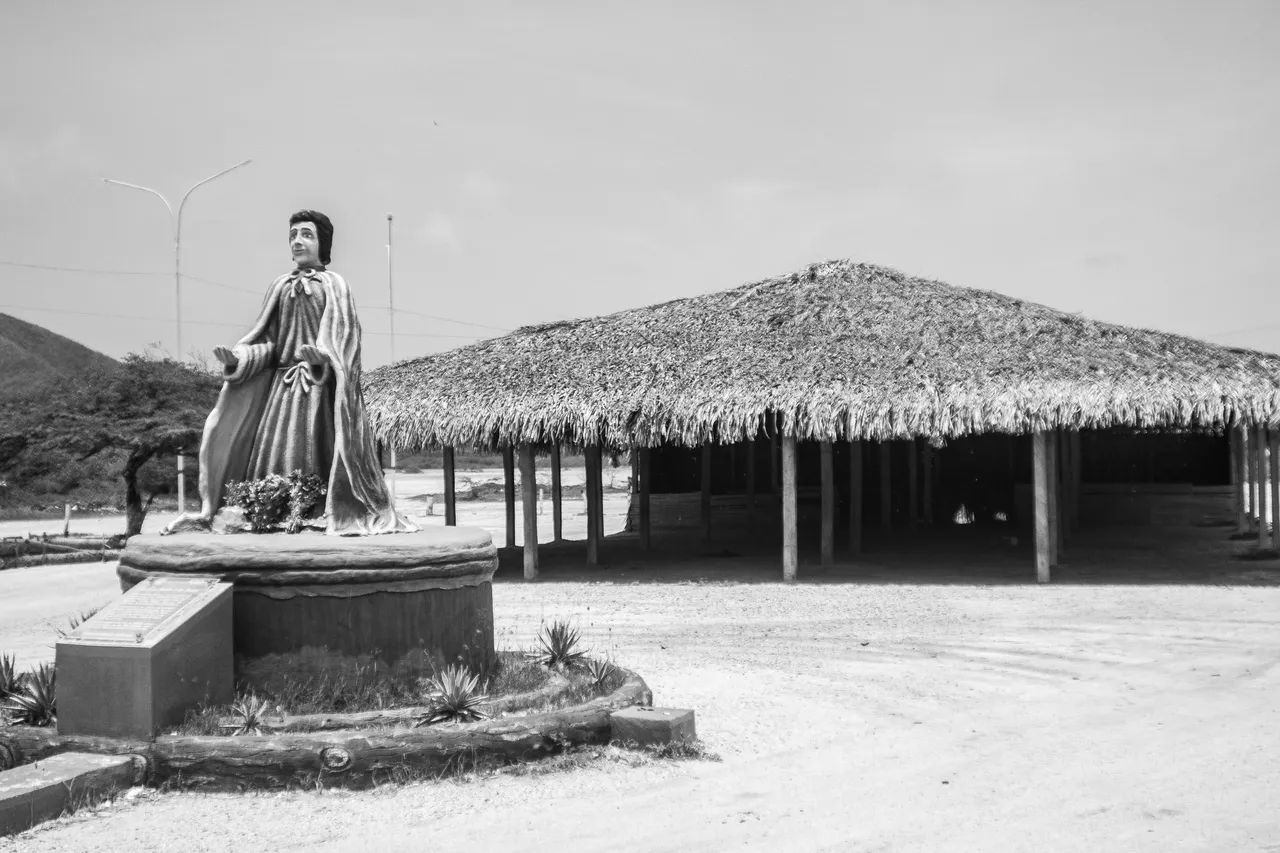

Como suelo decir, creo necesario registrarla, mostrarla tal como es sin más matices que lo observado, y créeme que eso ya es suficientemente y responsablemente subjetivo.
No niego que haya un interés, pero no está motivado por el amarillismo, sino todo lo contrario: es generar memoria de lo que NO debería pasar, pero pasa.
Y como prueba de que no todo es decadencia, muestro estas fotos en un día soleado, rodeado de mar y tranquilidad.

